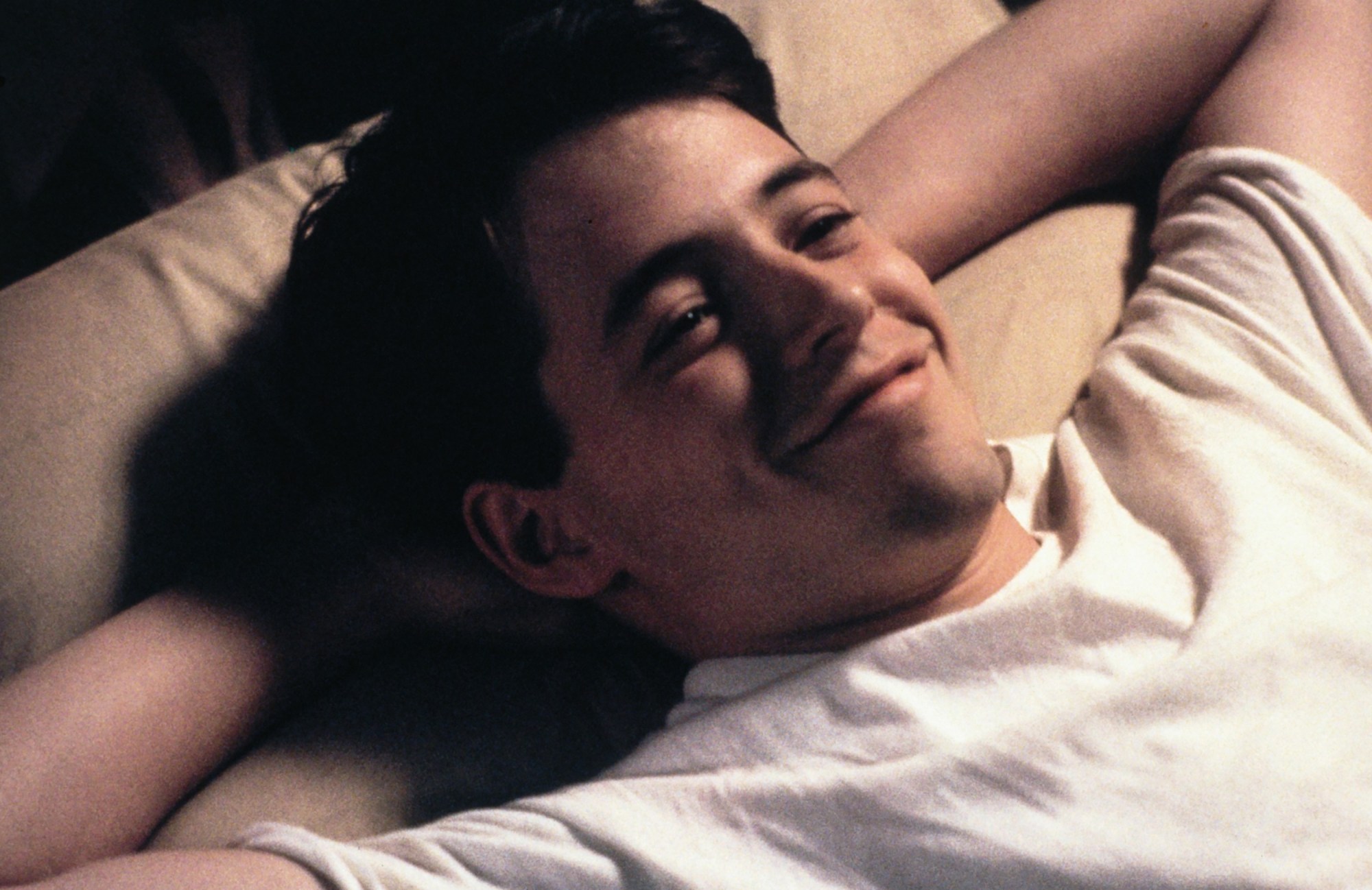
- Industry
“Ferris Bueller’s Day Off” Exuberantly Channels Summer Vacation Vibes
If you go strictly by the calendar, the June solstice on June 21 marks the first official day of summer, astronomically speaking. But July is, of course, the month most North Americans associate with summer — a glorious season of kicking back, enjoying trips or vacations, and savoring time off while unwinding and relaxing with good food, cold drinks, and old friends.
While a few movies may equal it, there’s scarcely any greater cinematic evocation of the mindset of vacation than Ferris Bueller’s Day Off, writer-director John Hughes’ boisterous 1986 romp about a high school senior who goes to extraordinary lengths to skip school for a day with his best friend and girlfriend. Made for $5 million, the movie opened on June 11 in second place, with $12.9 million.
Battling Back to School, The Karate Kid Part II, Top Gun, and, later, Aliens, Ferris Bueller’s Day Off would never claim the box office pole position. But, in a testament to its word-of-mouth staying power, the movie would hold on to a spot in the top 10 for seven consecutive weeks en route to a theatrical gross of over $70 million, catapulting a perfectly cast Matthew Broderick, who was nominated for a Best Actor – Motion Picture Musical or Comedy Golden Globe, to stardom.
Ferris Bueller’s Day Off left a long-lasting cultural impact, spawning countless homages, as well as at least two popular bands: the ska-punk group Save Ferris, and power-pop quintet Rooney. In 2014, the film was deemed a historically significant work and selected for preservation by the Library of Congress in the United States National Film Registry.
A masterpiece of commentary on misplaced adult priorities and the invigorating usefulness of forward-leaning living wrapped up in the shell of a glossy teen comedy, the Chicago-set movie centers around charismatic, silver-tongued loafer Ferris (Broderick), who pretends to be sick in order to skip school. His best friend, Cameron (Alan Ruck), truly doesn’t feel well. But Ferris goads and cajoles Cameron into coming out (and borrowing his father’s prized red 1961 Ferrari), joining Ferris on a day of adventure alongside his girlfriend Sloane (Mia Sara). As both Ferris’ sister Jeannie (Jennifer Grey) and school principal Ed Rooney (Jeffrey Jones) doggedly work to expose his phony illness and truancy, Ferris and his friends stay one step ahead of the duo, taking in a baseball game, enjoying a trip to an art museum and a fancy meal at an upscale restaurant. They even get swept up in a parade.
Balancing sweetness, innocence, and a bit of danger, Ferris Bueller’s Day Off is notable in that it’s infused with dignity and respect for its characters. It takes their distractibility, silly preoccupations, and hormonal impulses quite seriously. Young audiences at the time (and even today) could feel seen and valued.
Though effortlessly escapist, part of the enduring brilliance of Hughes’ script, and the movie as a whole, is that it holds many lessons that resonate with older viewers, inviting reinterpretation and a deeper appreciation upon subsequent viewings.
Characters who attempt to ceaselessly control or police the actions of others, beyond all reason, are shown to risk losing themselves. Also, while not letting depression completely overwhelm parts of the narrative, the movie treats Cameron’s inner agony with enormous sincerity. Ferris’ attempts to lovingly reach his friend — offering uplift in the only way he knows how, experientially — offer up a model of emotional validation that, even though slightly misguided, still outstrips most adult-oriented dramas of the same era.
Still, none of these facts particularly matter when considering what most makes Ferris Bueller’s Day Off such a great summer movie — its sheer exuberance. Pure, rapturous joy is a difficult emotional state to conjure, in both music and on screen. When attempts to do so go sideways, the results can often be downright embarrassing. Hughes’ film is a tonal bullseye, a well-crafted portrait of actualized teenage bliss and the pursuit of the same.
As a comedy, Ferris Bueller’s Day Off delivers consistently throughout — it has memorable characters, great set-ups, and amusing jokes. But almost all of the film’s most memorable moments recall or connect to a mischievous uncoupling from responsibility. Or, at least, a recognition that responsibilities are meant also to be leavened by an appreciation for the time we can share with those who matter most to us.
This joyfulness is there in big sequences. It’s most notably present in a city street parade scene (orchestrated by master choreographer Kenny Ortega, who one year later would have young viewers shaking in an entirely different manner with Dirty Dancing), which wore out VHS tapes before YouTube, and was its own audiovisual dopamine shot long before “whole mood” memes ever existed.
Hughes even grants a pair of hapless parking attendants a moment of radiant release when they take Cameron’s red Ferrari for a joyride. This attention to detail and sense of generosity is part of what helps make Ferris Bueller’s Day Off a complete slice of joie de vivre. Broderick’s easygoing smile on the poster is the exact feeling the movie conveys.

